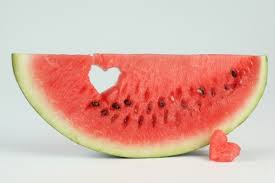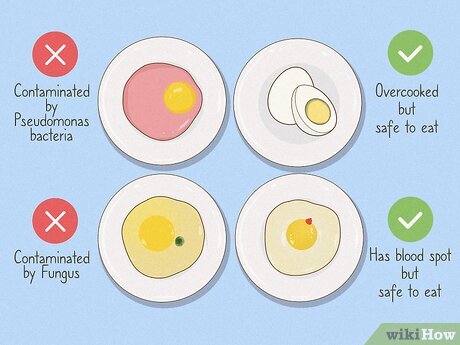Hypertension is directly responsible for 57% of all stroke deaths and 24% of all coronary heart disease deaths in India.
 This even though hypertension is a controllable disease and 2mmHg population-wide decrease in blood pressure can prevent 151,000 stroke and 153,000 coronary heart disease deaths in India.
This even though hypertension is a controllable disease and 2mmHg population-wide decrease in blood pressure can prevent 151,000 stroke and 153,000 coronary heart disease deaths in India.
*mm HG IS a unit of pressure equal to 0.001316 atmosphere)
Hypertension: Relation between Sodium and High Blood Pressure
“One of the effective ways to control hypertension is to restrict salt or to be more specific about sodium intake”, points RD Disha Jhaveri, Dietician with Global Hospital, Mumbai. As per the Dietary Approaches to Stop Hypertension (DASH), JNC 7 report, a sodium restriction of not more than 2.4g can approximately reduce the systolic blood pressure by 2-8mm Hg.
When we generally talk about sodium, we think of salt. Because 6 gms of salt is about a teaspoon and that is 2.3g of sodium. Salt is present in other food ingredients like preservatives, black salt, Sodium Bicarbonate, baking powder, Monosodium glutamate (MSG) or ajinomoto and also various drugs like antacids, antibiotics.
*mm HG IS a unit of pressure equal to 0.001316 atmosphere
Where can you find sodium?
Drinking water
Milk, green leafy vegetables
Sea foods
Butter, margarine, cheese
Bakery products like breads, biscuits, pastries, bread sticks, pies, processed breakfast cereals.
All sauces like soya sauce, tomato ketchup and chutneys also
Snack items such as potato chips, salted popcorn, noodles, macroni, crackers, farsan, etc
Canned and instant soups, gravies, fruits and vegetables
Dried foods like: salted nuts, packed frozen vegetables, dried fruits.
Ready masala
Ready-to-make food packets
Ways to Limit Mr. Sodium’s Presence in Our Diet
It will be a good idea to avoid use of salt while cooking and add specified measured amount for the day separately.
Avoid use of salt substitutes as they contain potassium and so are medically not advisable.
Use different flavours as a substitute to salt. Try mustard powder, bay leaves, curry powder, unsalted oregano, unsalted chilli flakes, parsley, basil, tulsi leaves, mint, lemon juice, onions, garlic,, green chillies, vinegar, tamarind and amchur powder (check sodium intake on the packet) to make your food palatable.
Ways to Limit Sodium in Our Diet
Avoid bakery food items like breads, pizzas, cakes, biscuits as they contain hidden sodium in the form of baking powder. Choose chapatis, unsalted khakhras, crispy bhakkris and homemade sweets.
Avoid salted foods like papads, pickles, chutneys, sauces, salted nuts, salted chips, popcorn and other canned products. Instead, you can have salt-free chutney, homemade sauces, unsalted popcorns and fresh fruits.
Avoid seasoning as it contains salts like ajinomoto, readymade masalas, etc. Try freshly made homemade masalas.
Ways to Limit in Our Diet
Avoid instant foods like noodles, macaroni, ready to make soup cubes, processed breakfast cereals. Instead make fresh soups and hot healthy breakfast.
Avoid processed cheese and salted butter and replace them with homemade cottage cheese (paneer) or homemade salt free butter.
Avoid organ meats and seafood like crabs, prawns, lobsters and dried fish. Prefer freshwater meats and fishes.
Check the sodium content of the medicines that you are taking.
Ways to Limit Sodium in Our Diet
Check the food labels for total sodium in it. Do not get carried away with the DV or RDA values. Read carefully if the units of sodium are in mg or gm, it makes a huge difference in your sodium intake calculation.
Ideally one can afford to use 1/2 tsp salt per day as sodium is present in other food products too.
Know your numbers
1/4 tsp. salt = 590 mg sodium
1/2 tsp. salt = 1,180 mg sodium
3/4 tsp. salt = 1,770 mg sodium
1 tsp. salt = 2,360 mg sodium




